
Every tycoon starts somewhere, and for many, it begins with the right ideas. These 10 books shaped the thinking of self-made billionaires and top builders. Each one offers timeless lessons on growth and leadership. If you’re dreaming big and planning bigger, this list lays the groundwork. Slide through to discover the titles that fueled their rise—and could inspire yours.
“High Output Management” By Andy Grove
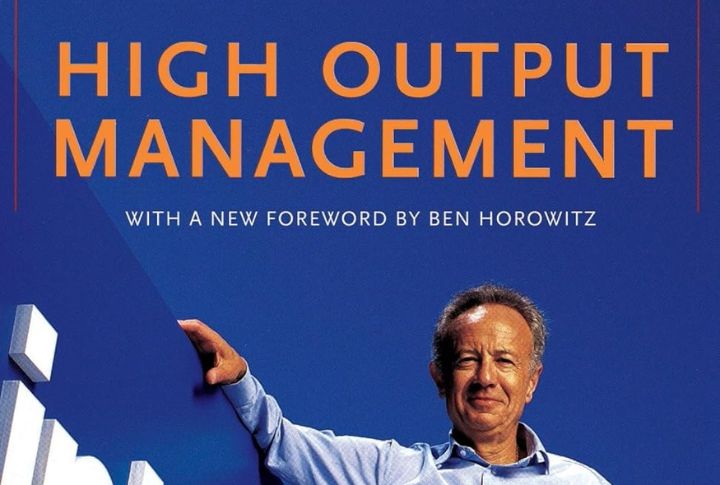
“High Output Management” isn’t just a business book; it’s a blueprint for scaling excellence. Grove breaks down management into systems thinking to explain how knowledge work can run just as efficiently, and the breakfast factory analogy makes complexity feel manageable. But what stands out is his idea of managerial leverage: a manager’s real output is their team’s overall performance.
“Only The Paranoid Survive” By Andrew Grove
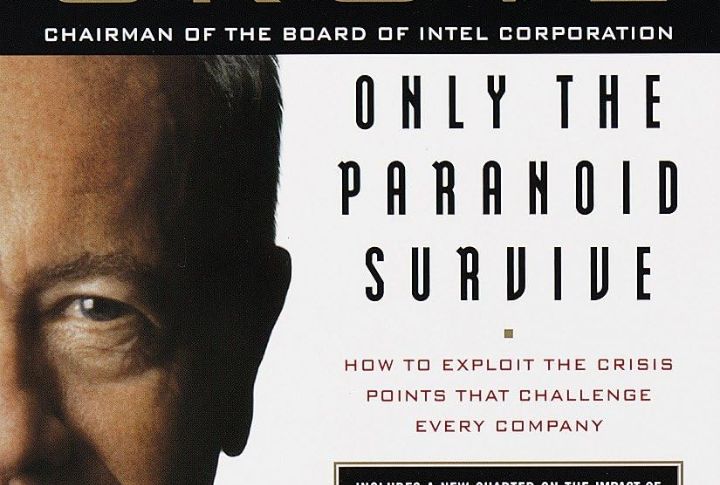
This book delivers hard-won lessons from Intel’s Andy Grove, a survivor-turned-CEO. His “strategic inflection points” model, used by Bezos and Gates, teaches leaders how to recognize and respond to massive industry shifts before it’s too late. Grove’s shift to microprocessors, fueled by constant vigilance, turned strategic paranoia into the move that saved Intel.
“Snow Crash” By Neal Stephenson

Before Zuckerberg rebranded Facebook as Meta, Neal Stephenson gave us the Metaverse. Introduced in 1992, it set the stage for virtual reality and decentralized currencies. The book inspired real-world platforms like Google Earth and Second Life. Praised by tech giants like Musk, it remains a key cultural reference for anyone building in the digital age.
“The Innovator’s Dilemma” By Clayton Christensen

Even top-performing companies can lose their edge, and the book explains why. Christensen’s disruptive innovation theory elucidates how startups gain ground by targeting low-end or ignored markets and then scale past market leaders who are too slow to respond, which highlights the problem of misplaced focus.
“The Hard Thing About Hard Things” By Ben Horowitz
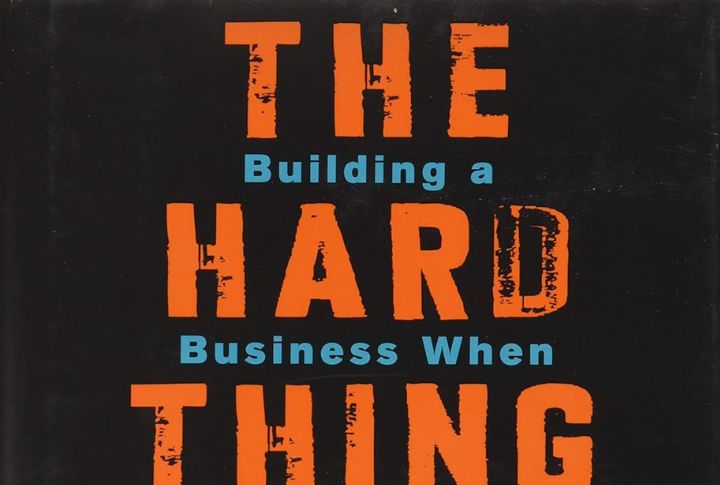
Leading a company is a gut-wrenching experience. “The Hard Thing About Hard Things” drops the cliches and delivers the truth. Ben Horowitz, who led billion-dollar turnarounds, doesn’t flinch from the ugly parts—layoffs, breakdowns, near-deaths. His “Wartime vs. Peacetime CEO” model became gospel in the startup world. Even Zuckerberg and Musk nod to his ruthless clarity.
“Blitzscaling” By Reid Hoffman & Chris Yeh
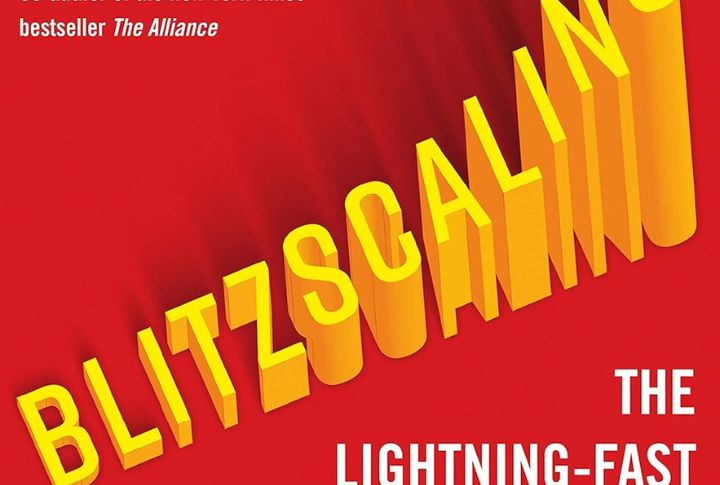
“Blitzscaling” reveals how companies like Airbnb and Uber achieved success by scaling rapidly and not being perfect. Reid Hoffman’s first-scaler advantage points to speed as the winning edge in chaotic markets, even when polish is lacking. Backed by top VCs, its playbook now drives innovation globally in various domains, from tech to finance, and government to healthcare.
“Atlas Shrugged” By Ayn Rand
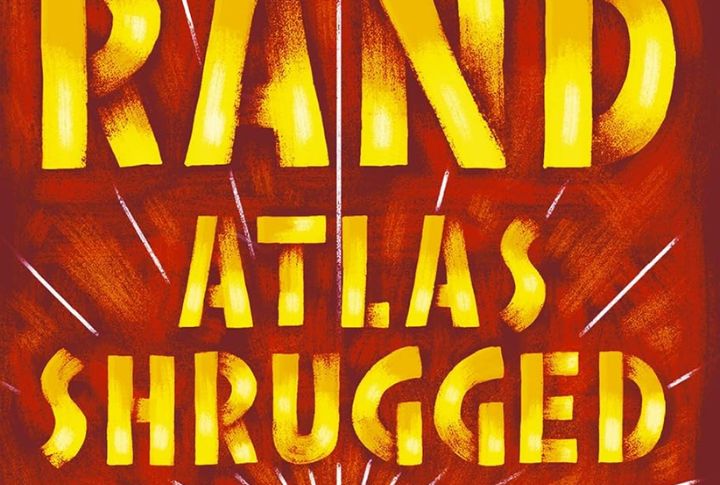
What happens when creators abandon a system that stifles them? The book imagines that world, and made waves doing it. Ayn Rand’s belief in radical innovation and self-made success still resonates with those who dared to build from scratch. John Galt’s quiet rebellion lit a fire in Silicon Valley and beyond. It’s not just fiction, it’s a philosophy of ambition.
“The Intelligent Investor” By Benjamin Graham
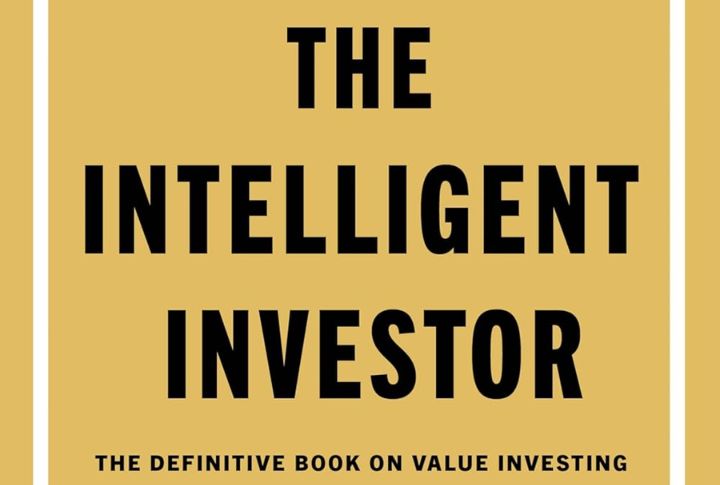
Want to invest like Buffett? Start with “The Intelligent Investor.” It teaches timeless principles like buying with a margin of safety and tuning out market noise. Graham’s “Mr. Market” represents the stock market’s emotional swings, offering irrational prices you can take or leave. That’s why investing legends like Seth Klarman and Howard Marks still swear by this classic guide.
“Think And Grow Rich” By Napoleon Hill
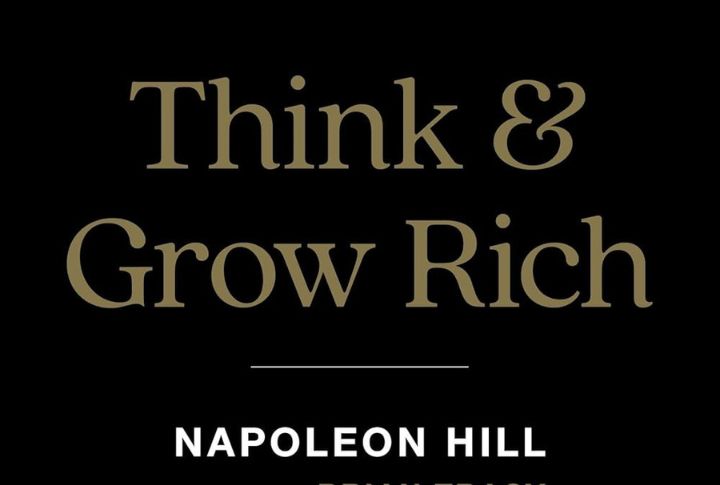
Published in 1937, “Think and Grow Rich” remains a cornerstone of success literature. Napoleon Hill studied icons like Henry Ford and Andrew Carnegie for decades and revealed 13 principles of success. The book is a mindset shift, championing belief, purpose, and the power of clarity. With over 100 million copies sold, it continues to shape generations of entrepreneurs.
“How To Win Friends And Influence People” By Dale Carnegie

Before charisma became a buzzword, Dale Carnegie turned it into a system. This book revealed strategies for building trust and leading without force. Carnegie’s focus on empathy and genuine appreciation reshaped how people connect, which makes it a go-to for leaders across industries. Warren Buffett took the course early and credits it as life-changing.
